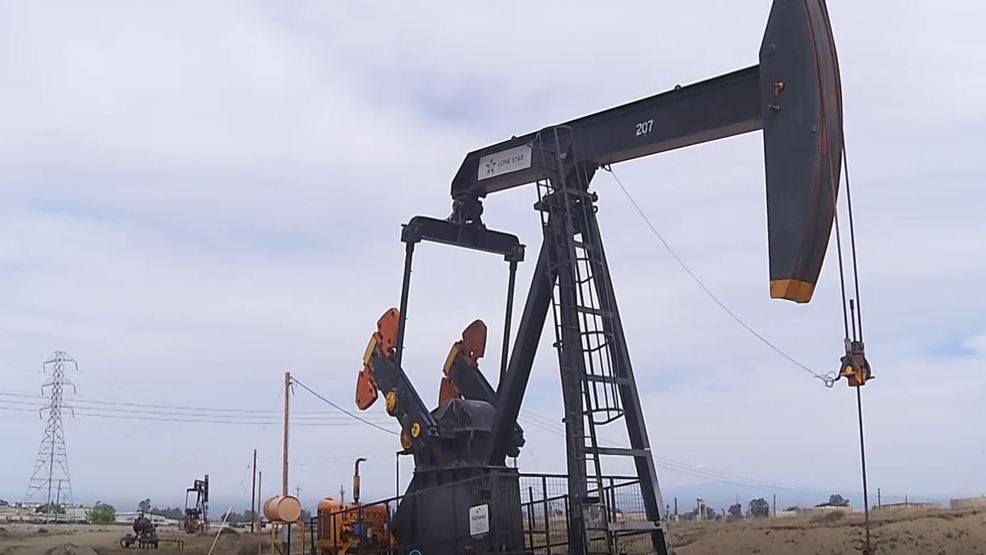BAKERSFIELD, Calif.(KBAK/KBFX) — Kern County has expressed strong support for Governor Gavin Newsom’s proposed legislation aimed at stabilizing California’s transportation fuel market and ensuring an affordable, reliable energy supply for all residents. The legislation would allow Kern County’s oil permitting ordinance to proceed immediately, promoting in-state oil production while maintaining the state’s highest environmental standards.
“Kern County is ready to be part of the solution,” stated Leticia Perez, Chair of the Kern County Board of Supervisors. “As long as demand for petroleum remains, California needs local, responsibly produced oil to keep fuel prices stable and accessible for working families.”
The bill seeks to implement a key recommendation from Siva Gunda, Vice Chair of the California Energy Commission’s Petroleum Market Task Force, by addressing long-standing delays in oil permitting. It affirms the legal sufficiency of Kern County’s Oil and Gas Zoning Ordinance (Title 19, 2025-A) and its certified Final Second Supplemental Recirculated Environmental Impact Report (FSSREIR) under the California Environmental Quality Act (CEQA). The ordinance encompasses over 100 mitigation measures designed to protect air quality, water, public health, and habitats.
“This legislation gives Kern County and the California Geologic Energy Management Division (CalGEM) the regulatory certainty to issue permits without further delay or risk of litigation,” stated Lorelei Oviatt, Director of the Kern County Planning and Natural Resources Department. “It does not exempt Kern County from CEQA—it ensures that our existing, court-tested environmental analysis is honored.”
The bill contrasts with other provisions that would grant limited CEQA exemptions for oil well abandonment in counties outside Kern. In Kern, the county will continue using its comprehensive environmental review process and does not seek exemptions or waivers. The bill aims to prevent ongoing legal challenges to a document that has already been vetted and certified through 12 years of public process and court review.
